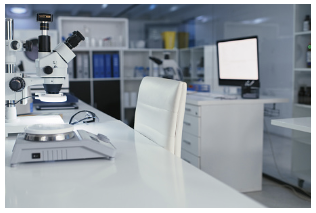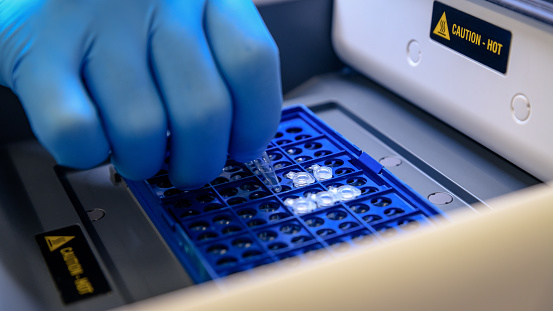You may have stumbled upon many articles about the poor whales swallowing tons of plastic waste, flooding that is affecting communities and even national parks, or chemicals that are constantly threatening marine life. As the global temperature continues to increase, the ocean levels gradually rise, and life as we know it is threatened, it is almost like we are on our way to the apocalypse. However, humans do not have to accept this doomsday scenario! There are many things beyond our control that we will have to persuade our elected leaders to drastically change policies to conserve our natural resources, reduce pollution, and preserve biodiversity. But there are also many other things well within our control that we can do in the lab and at home to make a difference, since small actions will add up to significant positive change.









